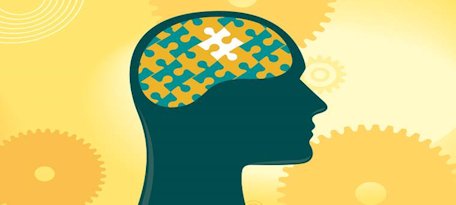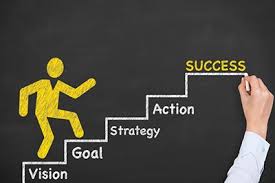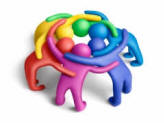|
Created by: |
 |
|
|
Billw@projectAcademy.org |
|
|
|
Careers
| Dahlia |
https://www.verywellmind.com/student-resources-overview-4581768
|
| Emma |
|
| Topics
to Review for this section
Use the Cornell System
Review the elements of
Social justice:
(leaving the world a better place than you found it)
Curiosity, Positive Outlook, Executive Functions
and Relationship Skills
|
Girls Ownership of their Learning
|
|||||||
| Attitude / Outlook |
|
|||||||
| Support System |
|
|||||||
|
Creating a Visual Display
Board to see Tasks, Schedules, Achievements, About us, |
 |
Overall Training Plan:
| Date... approx week ending | Overall Topic | Detail |
| April 4th | About you | Your goals and strengths, Positive attitude |
| April 14th | SEL | Social & Emotional Learning |
| April 17th | Questioning | Key to learning |
| April 24th | Teams | Learning and creating together |
| May 1st | Tools | Ownership, Collaboration (Web), Process |
| May 8th | Tools | Planning, Scared Skills. Coaching support |
| May 15th | Problem development |
Begin the design of Indoor worm farm composter and exciting children’s learning center. |
| May 22nd | Review/ Problem development | Composting |
| May 29th | Presentation |
Week ending: 5/29
|
Day |
Activity |
|
| 5/26 |
|
doc |
| 5/27 |
Your Attitude Zada's Fondness
Memories
Future Class |
Doc |
| 5/28 | Improv | |
| 5/29 | Improv-details | |
| 6/3 |
|
| 6/17 | Book what BUG's me? | PDF, Word |
| Amanda Gorman... summer 2018 | YouTube | |
| Article to discuss |
Learning Items: http://www.projectacademy.org/bestoverview/index.html
|
Strengths When involved in strength activities, • you have a sense of energy and engagement; this is called flow • you often lose your sense of time because you are so engrossed in the task • you rapidly learn new information and approaches • you show high levels of performance • you want to do things that use your strengths, even when you are tired or stressed
|
 |
| Goals: SMART Goals |
 |
| If you want to improve your odds of success even further, make sure your goals stand up to the test of being SMART goals. SMART goals give a more specific direction and a more concrete reality to strive towards. Review your goals and re-write any that need it as SMART goals. SMART goals are Specific, Measurable, Achievable, Relevant, and Time-based. |
|
|
|
Social and emotional learning (SEL) enhances students’ capacity to integrate skills, attitudes, and behaviors to deal effectively and ethically with daily tasks and challenges. · Self-awareness: assess one’s strengths and limitations, with a well grounded sense of confidence, optimism, and a “growth mindset.” · Self-Management The ability to successfully regulate one’s emotions, thoughts, and behaviors in different situations — effectively managing stress, controlling impulses, and motivating oneself. The ability to set and work toward personal and academic goals. · Social awareness: The ability to take the perspective of and empathize with others, including those from diverse backgrounds and cultures. · Relationship skills : The ability to communicate clearly, listen well, cooperate with others, resist inappropriate social pressure, negotiate conflict constructively, and seek and offer help when needed.
|
|
Self-Awareness: The ability to accurately recognize one’s own emotions, thoughts, and values and how they influence behavior. The ability to accurately assess one’s strengths and limitations, with a well-grounded sense of confidence, optimism, and a “growth mindset.” • Identifying emotions • Accurate self-perception • Recognizing strengths • Self-confidence • Self-efficacy |
Questions: Types of Questions Open/ Closed, 5 W and H ( Why, What, When, Where, Whom and How )
http://www.projectacademy.org/questions/

|
Bloom's Taxonomy of Educational Objectives (categories of questions) 1. Knowledge ( Recall, Description … ) 2. Comprehension (Understanding content …) 3. Application ( Using knowledge in novel contexts …) 4. Analysis (Breaking complex issues into parts …) 5. Synthesis ( Combining elements into novel designs … ) 6. Evaluation ( Using criteria to make judgments … )
Focus on moving the question to the last 3 elements of the Bloom process:
|
|||||||||||||||||||||
TEAMS
http://www.projectacademy.org/team/

|
|||||||||||||||||||||
TOOLS
http://www.projectacademy.org/resources/
|
|||||||||||||||||||||
